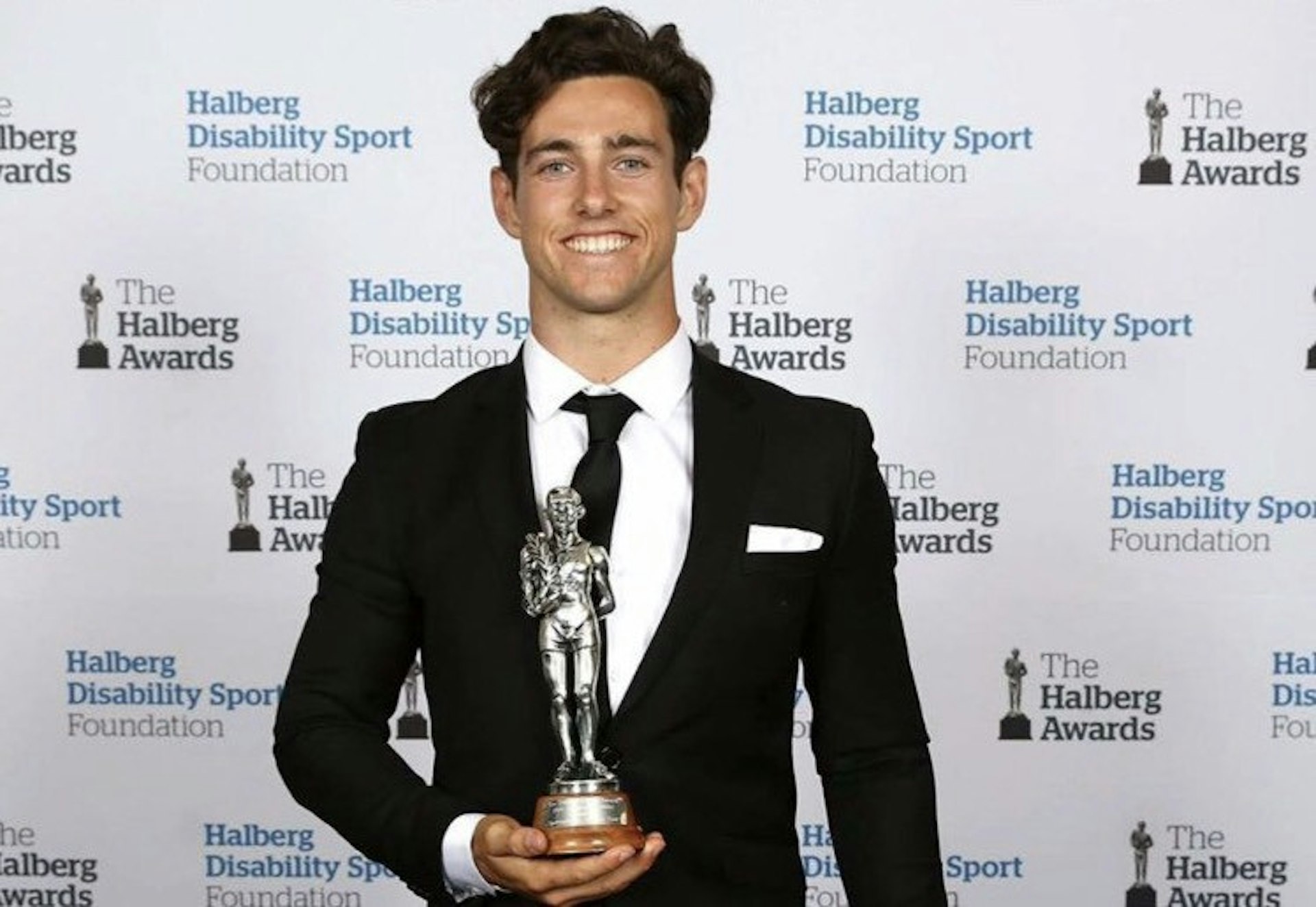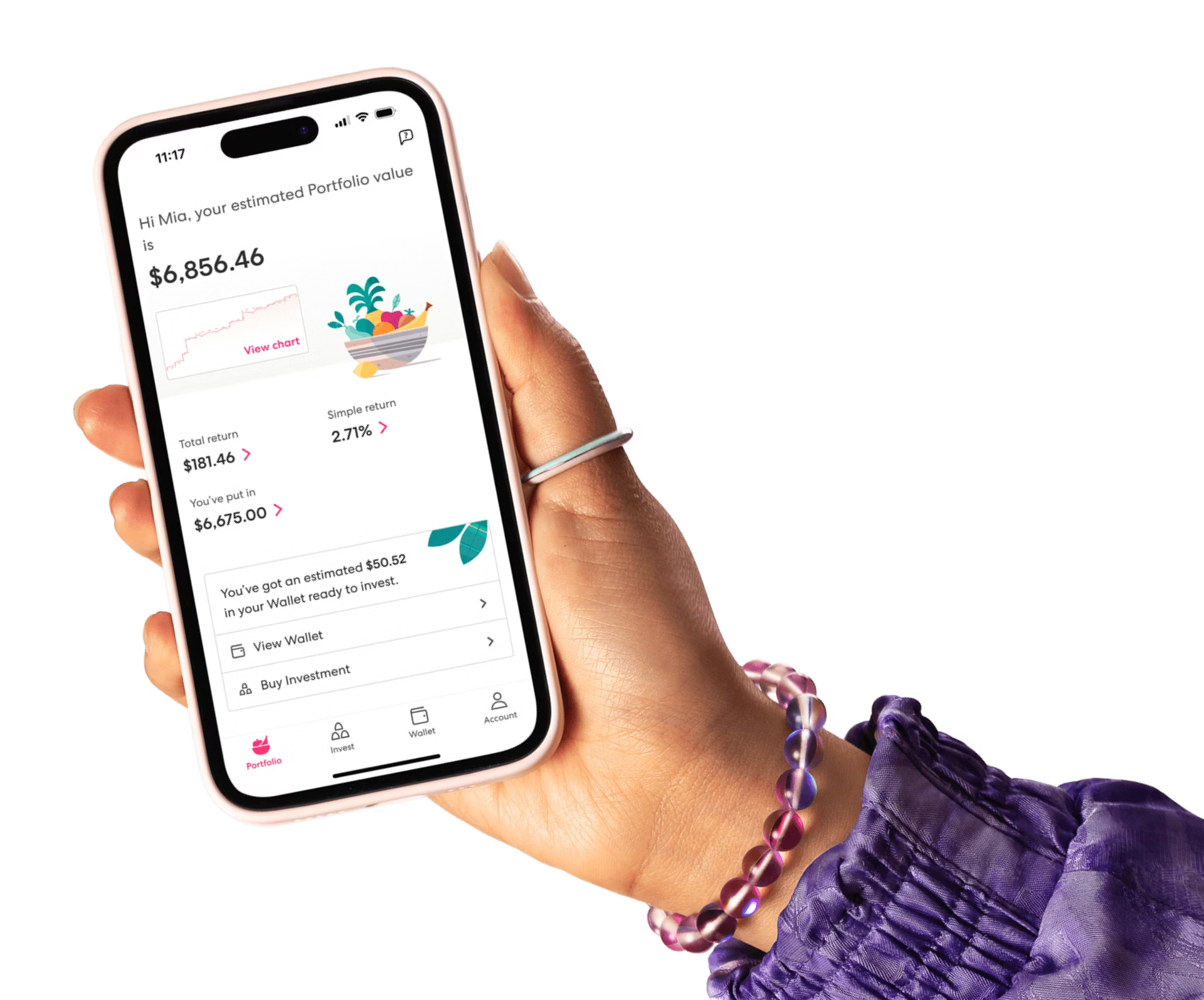Investor Journeys—Liam Malone
In this series, we ask investors from all walks of life to chat about what it was like to make their first ever investment. We reached out to 23-year-old Paralympic star Liam Malone about how he got started on his investing journey.

Take off
A fortuitous meeting on a flight to Nelson, inspired Paralympic gold medalist Liam Malone to invest when he was 21.
The young sport star, on track to become the world’s fastest human through blade running, knew little about investments before boarding that plane two years ago.
But after sitting next to the chairman of Infratil (IFT), he was quick to learn the basics and see the benefits. One week later, Liam launched his investment portfolio with shares in IFT, which owns energy, transport, data and social infrastructure businesses in growth areas.
Financial smarts
Hailing from Nelson, and attending Nayland College, Liam went on to complete a bachelor of Marketing and International Business at Wellington’s Victoria University.
His last year at university was a juggling act—slotting study between training sessions for the Rio 2016 Paralympic Games, where he won two gold medals and one silver.
Sitting final exams on his return from Brazil, Liam joined friends and fellow classmates at graduation in May. But he was looking ahead to a bright financial future, long before donning the cap and gown.
“I’m interested in and aware of the importance of how I spend my money. Building a diverse portfolio early on, provides me with a greater chance of financial stability later on in life.”
Liam tells of his path to investment, which all began with a little education and some good advice.
Why did you start investing?
I’m 23 and find there is little education given to millennials around how to spend the money we make. Most of it is spent on living—rent and utilities etc. But after that, most millennials will spend any leftover money on consumable products that lose value once purchased.
Between living expenses and consumable goods, money should be allocated to building financial stability—from savings to a property, to government bonds, to shares on the NZX.
I like having investments because instead of my money being lost soon after leaving my bank, it is reflected in the value of the asset I have purchased, which I hope should increase in value over time.
Can you tell us about your first investment?
I made my first investment at 21, after sitting next to the chairman of Infratil (IFT) on a flight to Nelson. He was heading there for a shareholders meeting. During the flight, he gave me my first real insight into investing. From what the company did to its finances to the dividends it paid since listing on the NZX.
In short—the next week I set up a trading account and purchased a few IFT shares. That investment is still a part of my portfolio today. So, it’s worked out well for what it was.
How did you feel after becoming an ‘investor’ for the first time?
I didn’t start with a lot of money. I was investing in the principle of learning how to invest.
But I was glad that I overcame the psychological barriers that exist — for example, to invest you a) need to have a lot of money already or b) have a degree in finance or be a genius — that’s not the case.
What do you like about having an investment, why should people try it?
Growing up there was very little conversation about financial literacy or building wealth—apart from getting a ‘good job’.
I think more millennials should try their hand at investing—even by putting away a small amount each month, like $50 to put into assets like government bonds that carry less risk and pay a dividend. It’s amazing how quickly that builds up over time.
People often think you need loads of cash to invest? What do you think about this?
My recommendation is that you don’t need a lot of money to invest… and to get started sooner rather than later.
Becoming an investor is possible but people need to be diligent and treat investing with the right approach. It’s not a get rich quick scheme or a lottery ticket—I consider it to be a long-term (life) game.
What is the best piece of advice you have given (or been given) about investing?
The best piece of advice I’ve been given is to diversify early on and stay diversified.
Having different asset classes and different investments within those asset classes will reduce the risk of losing your money and increase the chance of making money in the long run.
Thanks so much for sharing your investing story, Liam. 🙌
The people shown in our Investor Journeys are Sharesies investors, and their stories are actual experiences they’ve had with us. They’re paid for their time to record their story.
Ok, now for the legal bit
Investing involves risk. You aren’t guaranteed to make money, and you might lose the money you start with. We don’t provide personalised advice or recommendations. Any information we provide is general only and current at the time written. You should consider seeking independent legal, financial, taxation or other advice when considering whether an investment is appropriate for your objectives, financial situation or needs.
Join over 800,000 investors



